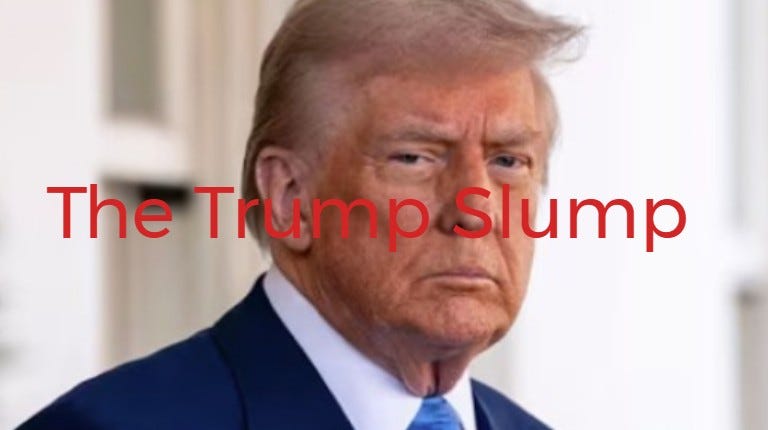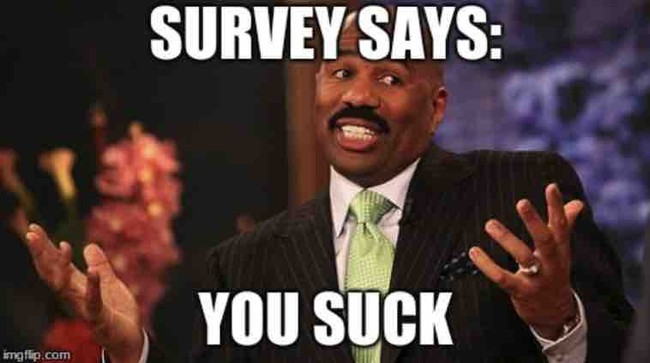ARTICLE AD BOX
Not long before France’s National Rally dealt a crushing electoral defeat to Emmanuel Macron’s centrist forces in June’s Europe-wide election, the far-right party hosted a seminar on a subject of vital interest to its leaders: the “danger of wokeism.”
The workshop, introduced by the National Rally’s 28-year-old president, Jordan Bardella, featured a series of right-wing intellectuals who railed against what they called an “imported neurosis” that “aims to subvert our idea of gender” and “make us feel guilty” about France’s history as a colonial power.
Bardella wasn’t exactly swimming against the current. In France, everyone from President Macron to the National Rally’s rivals on the right have taken aim at woke ideology, decrying it as an American cultural import on a par with Big Macs and Levi’s jeans. On that score, they aren’t technically wrong: The “woke movement” — the mobilization of politically progressive ideas about gender, race and immigration— is an American-born phenomenon that entered the mainstream after a police officer killed an African American teenager, Michael Brown, in Ferguson, Missouri in 2014.
In the decade since, the concept of “woke” has expanded beyond police violence to encompass a far wider spectrum of progressive ideas. “I see certain social science theories entirely imported from the United States, with their problems, which I respect and which exist, but which are just added to ours,” Macron said in 2020.
But here’s the catch. Le wokisme, which the French love to hate, isn’t as foreign as its critics would have you believe. It actually traces its intellectual genealogy, at least in part, back to 1960s French intellectuals who analyzed and “deconstructed” the language and the symbolism of power, kickstarting a global campus movement.
France to Trump pipeline
Now the French, led by a resurgent far right, are hell-bent on canceling not just today’s woke ideology but also the entire corpus of left-wing thought from which it emerged via campus protests and the anti-colonial movement. France’s entire population is about to weigh in on the debate as they prepare to vote in a snap election Sunday that could see Bardella emerge as France’s first far-right prime minister since World War II.
In its fight against le wokisme, France’s populist right and its intellectual allies are deploying their own, rival ideas stemming from the rather paranoid view that Western civilization is under siege by migrants and their left-wing allies. And they’re taking the global populist right by storm, seducing everyone from Hungary’s populist Prime Minister Viktor Orbán to Republican lawmaker Marjorie Taylor-Greene and large numbers of former U.S. President (and current Republican candidate) Donald Trump’s followers.
Remember Trump’s infamous 2016 inaugural speech, which was titled “American Carnage” and was described by ex-U.S. President George W. Bush as “some weird shit”? You can thank France and its right-wing intellectuals for inspiring the speech’s apocalyptic vibe. One of its reported authors, former Trump White House chief strategist Steve Bannon, is a well-known fan of French right-wing ideas who cites “le Camp des Saints” — a hallucinatory cult 1973 novel by Jean Raspail that imagines Europe being submerged by illiterate migrants — as one of his intellectual lodestars.
 France’s populist right is deploying its own, rival ideas … and seducing everyone from Viktor Orbán to Donald Trump’s followers. | Jim Watson/AFP via Getty Images
France’s populist right is deploying its own, rival ideas … and seducing everyone from Viktor Orbán to Donald Trump’s followers. | Jim Watson/AFP via Getty Images“This French millenarianism, with its visions of migrants drowning out la France profonde, is quite successfully exported and eagerly taken up elsewhere, from Orbán to Donald Trump,” said Danilo Scholz, a historian who specializes in European intellectual history.
If the fight against wokeism has so many backers in France, it may well be because the ideology cuts against the colorblind ethos of France’s Fifth Republic. Unlike in the United States, where people are commonly asked to self-identify as a given ethnicity, such questions are illegal in France and are seen as a form of racism. The official resistance to acknowledging ethnic and religious differences within society has held up even as studies underscore job discrimination against North African and Muslim applicants and police violence continues, evidence of what critics claim is racism built into policing tactics and even into the French state itself.
What few in France are willing to recognize are the links between woke ideology, as embodied on U.S. college campuses, and French post-colonial theory. “There is the U.S. domestic aspect of this, which is linked to the history of slavery and race relations, and the global aspect which focuses on the legacy of Western colonialism and how it messed up the world,” Scholz added. “Both in some ways have their antecedents in the French post-colonial and post-structuralist movements of the 1960s.”
While woke ideology is an American phenomenon per se, Scholz pointed out that its ancestors in post-colonial and gender theory movements — including writers such as Judith Butler and Edward Said — studied under French intellectuals and were heavily influenced by France’s left-wing ideas of the 1960s. French philosophers such as Jacques Derrida, Jean-Paul Sartre and Michel Foucault became campus favorites in the United States, feeding into anti-Vietnam War protests.
Revulsion for woke ideology is so mainstream in France that the National Rally leaves most of the work of fighting it to the country’s current mainstream leaders, who seem more than happy to oblige. Case in point: a think tank called the Laboratoire de la République founded by a former member of Macron’s Cabinet.
“These movements proved hugely influential, but there is now a growing sense of the chickens coming home to roost,” Scholz added.
Great Replacement theory is as French as champagne
France is once again in the political avant garde. But this time it’s thanks to conspiracy-laden ideas like the Great Replacement theory, which has won over huge numbers of Republican party voters in recent years.
The theory, which envisions a country facing “invasion” by hordes of migrants, is now a mainstay of speeches by Trump and his loyalists, who argue that U.S. Democrats are weaponizing migration in a bid to bring in more Democratic voters, maintain power and ultimately overwhelm the country’s white Christian population.
Those arguments now seem as endemic to the right as a bright-red MAGA cap. But the Great Replacement is, in fact, as French as le champagne. The term was coined by French writer Renaud Camus in a 2010 essay titled Le Grand Remplacement, which won instant infamy when it was cited as an inspiration by the author of the 2019 massacre of Muslim worshippers in Christchurch, New Zealand, and then later by the perpetrator of a racist mass shooting in Buffalo in 2022.
“Trump’s speeches are often free associating but there is a much darker undercurrent that is informed by Steve Bannon, who has praised French thinkers and was probably influenced by them to an extent,” Scholz said.
Fair enough. But what about railing against globalists, free-traders and “citizens of nowhere” — surely that emerges directly from the id of American isolationists and die-hard Brexiteers in the United Kingdom? Perhaps, but few politicians have been as passionately and consistently opposed to globalization as Marine Le Pen, who artfully repurposed the anti-G7 and anti-World Trade Organization rhetoric of left-wing groups from the late 1990s into a right-wing battering ram against the center and the left.
Here she is in 2012, arguing in Le Point magazine that globalization is an “extremely violent” force that goes “profoundly against human nature.” And here she is again, 12 years later, having just won the European Parliament election in France: “This big victory of patriotic movements fits into the direction of history, which is witnessing a return of nations and protections … It closes this globalist interlude which has caused so much suffering around the world.”
As France heads to the polls, it remains to be seen whether Bardella and Le Pen’s counter-revolution will be victorious. Polls show her National Rally on course to pick up as much as 36 percent of the vote, which puts the party within striking distance of being able to form a government.
Would a Bardella Cabinet include a minister in charge of correcting the intellectual “errors” of the past?
Far stranger things have happened.
.png)
 8 months ago
28
8 months ago
28








 English (US)
English (US)